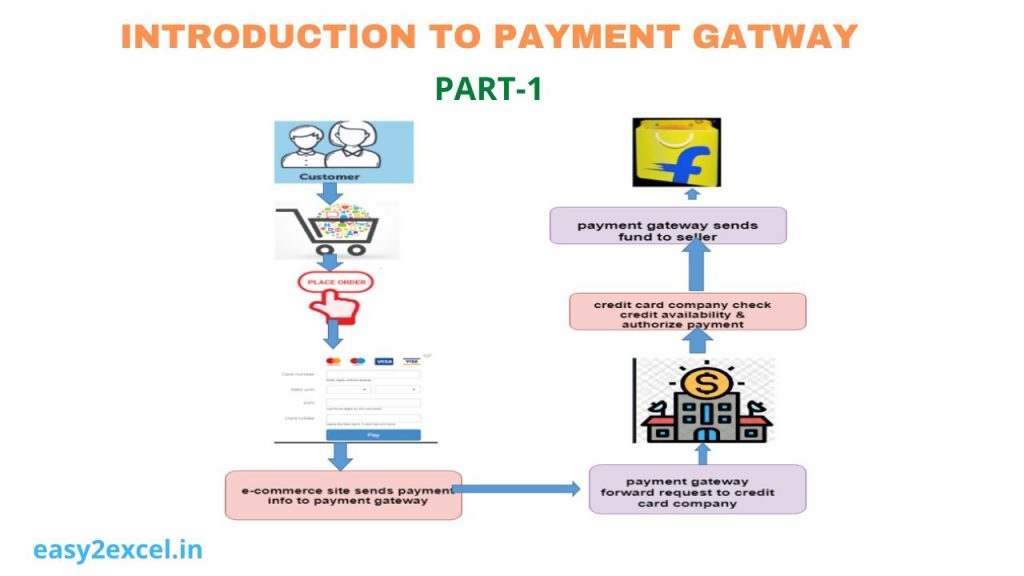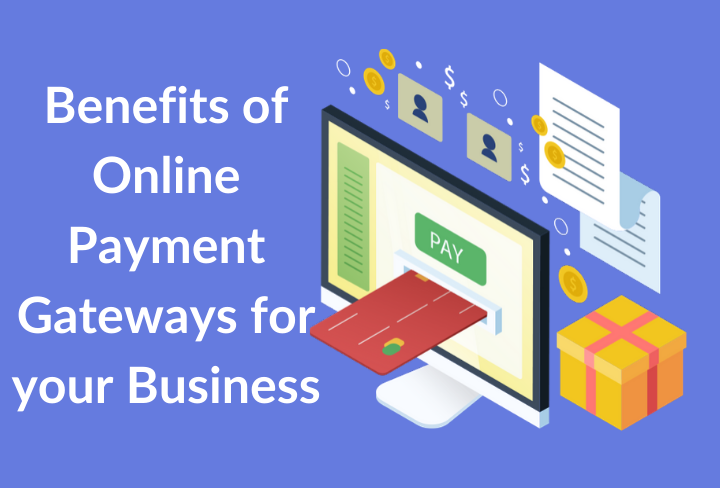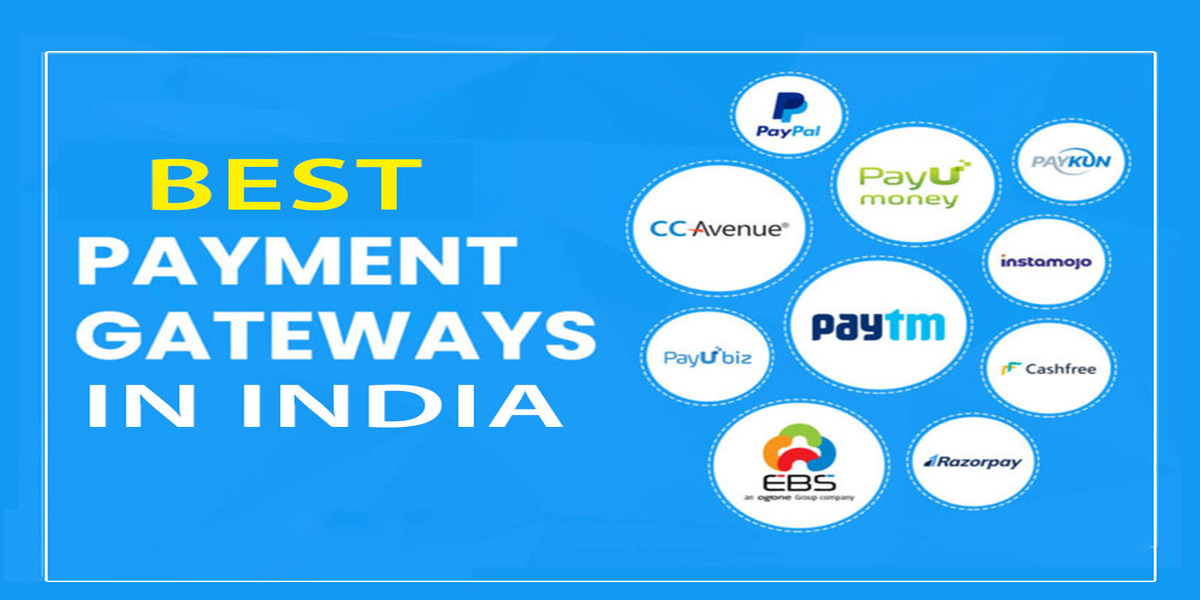AUTHORS : AYAKA SHAKH
DATE 9/03/2024
Payment Gateway: Targeted Advertising in India
In today’s digital age, businesses are continually exploring inventive strategies to engage their target audience with maximum efficacy. One such method gaining traction is payment gateway targeted advertising. This article explores the intersection of payment gateways and targeted advertising, particularly focusing on its relevance and impact in the Indian market.
Introduction to Payment Gateway Targeted Advertising

Payment gateway targeted advertising involves leveraging payment processing platforms to deliver tailored advertisements to users during the online transaction process. This form of advertisingallows businesses to reach potential customers at a crucial moment, enhancing the chances of conversion. In India, where e-commerce and digital transactions are on the rise, payment gateway targeted advertising presents a unique opportunity for businesses to maximize their reach and impact.
Understanding Payment Gateways in India
Before delving into payment gateway[1] targeted advertising, it’s essential to understand the role of payment gateways in the Indian context. Payment gateways act as intermediaries between merchants and customers, facilitating secure online transactions. In India, several payment gateways, such as Paytm, Razorpay, and CCAvenue, dominate the market, providing seamless payment solutions to businesses across various industries.
The Concept of Targeted Advertising
Targeted advertising involves delivering customized messages or advertisements[2] to specific segments of the audience based on their demographics, interests, or online behavior. Unlike traditional advertising methods, targeted advertising allows businesses to tailor their messaging to resonate with individual preferences, increasing the likelihood of engagement and conversion.
Integration of Payment Gateways and Targeted Advertising

The integration of payment gateways and targeted advertising opens up new possibilities for businesses to engage with their audience effectively. By leveraging transaction data and user insights obtained through payment gateways, businesses can deliver personalized[3] advertisements to customers during the checkout process. For example, an e-commerce platform selling sports equipment may display targeted ads for fitness apparel or accessories based on the customer’s purchase history or browsing behavior.
Challenges and Considerations
Regulatory constraints, such as data localization laws and consumer protection regulations, may impact the implementation[4] of targeted advertising strategies. Moreover, concerns related to data privacy and security remain paramount, requiring businesses to adopt robust measures to safeguard customer information.
Benefits of Payment Gateway-Targeted Advertising
Despite the challenges, payment gateway-targeted advertising offers several compelling benefits for businesses operating in India. By delivering relevant and timely advertisements during the transaction process, businesses[5] can enhance customer engagement and drive conversions. Moreover, targeted advertising enables businesses to optimize their marketing spend by focusing on high-potential leads, thereby improving ROI.
Case Studies
Several businesses in India have successfully leveraged payment gateway-targeted advertising to achieve their marketing objectives. For instance, an online travel agency utilized targeted ads to promote exclusive travel packages to customers booking flights or hotels, resulting in a significant increase in bookings and revenue. Similarly, a fashion retailer employed targeted advertising to showcase personalized product recommendations to customers.
Best Practices
To maximize the effectiveness of payment gateway-targeted advertising, businesses should adhere to best practices and industry standards. This includes leveraging advanced analytics tools to analyze transaction data and user behavior, segmenting the audience based on relevant criteria, and creating compelling ad creatives that resonate with the target audience. Additionally, businesses should prioritize transparency and compliance with regulatory requirements to build trust and credibility among customers.
Future Trends
As mobile and digital payments continue to gain traction, businesses will increasingly rely on payment gateways as a strategic channel for advertising and customer engagement. Emerging technologies, such as artificial intelligence and machine learning, will further enhance the capabilities of targeted advertising.
Implementation Challenges and Solutions

While the concept of payment gateway-targeted advertising holds immense potential, businesses may encounter various challenges during implementation. One common challenge is the integration of payment gateways and advertising platforms, as this requires seamless coordination between different systems and technologies. Additionally, ensuring data accuracy and security is paramount to customer trust and regulatory requirements.
To address these challenges, businesses can leverage third-party solutions or software development kits (SDKs) offered by payment gateway providers. These solutions streamline the integration process and provide built-in features for data encryption and compliance with industry standards.
Measuring Success and ROI
Effective measurement and tracking are essential components of any advertising campaign, including payment gateway-targeted advertising. Businesses must define key performance indicators (KPIs) aligned with their marketing objectives, such as click-through rates, conversion rates, and return on investment (ROI). By regularly monitoring these metrics, businesses can evaluate the effectiveness of their advertising efforts and make data-driven decisions to optimize performance.
In addition to traditional metrics, businesses should also consider qualitative factors such as brand perception and customer satisfaction. Conducting surveys or gathering feedback from customers can provide valuable insights into the overall impact of targeted advertising on brand perception and customer loyalty.
Conclusion
In conclusion, payment gateway targeted advertising represents a powerful tool for businesses seeking to connect with their audience in a meaningful way. By leveraging transaction data and user insights obtained through payment gateways, businesses can deliver personalized advertisements that resonate with customers’ preferences and interests. While challenges such as regulatory constraints and data privacy concerns persist, the potential benefits of payment gateway targeted advertising in India are undeniable.
FAQs
- What is targeted advertising, and why is it important for businesses? Targeted advertising is a marketing strategy that involves delivering customized advertisements to specific audiences based on various factors, such as demographics.
- What are the key features of payment gateways for targeted advertising? Payment gateways designed for targeted advertising offer features such as advanced security measures,customization options.
- Which payment gateways are popular in India for targeted advertising? Popular payment gateway providers in India include Razorpay, PayU, Instamojo, and CCAvenue, among others.
- How can businesses ensure the successful implementation of payment gateways for targeted advertising? Businesses can ensure successful implementation by prioritizing the user experience, maintaining compliance with regulatory requirements.
- What are the future trends in payment gateway integration for targeted advertising? Future trends include the use of artificial intelligence, machine learning.







